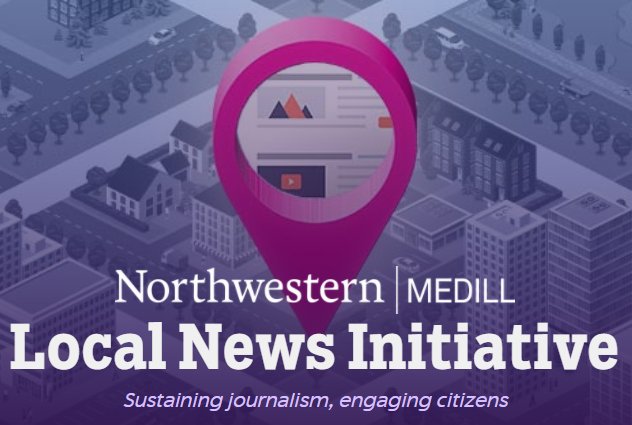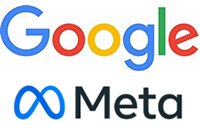This week, Rep. Claudia Tenney (R-NY) introduced the Community News and Small Business Support Act (H.R.4756) to the U.S. House of Representatives with co-sponsor Suzan DelBene (D-WA). At its core, the bill lays out a five-year plan to provide payroll tax credits to local/community news outlets, expressly to hire and retain local news reporters across the country. Small businesses (with fewer than 50 employees) that advertise in local newspapers, digital news sites, on local radio or with local TV stations are also eligible for tax credits.
This editorial and editorial cartoon are available to all newspapers for reprint.
The Community News & Small Business Support Act delivers on this promise with content-neutral tax credits, sunsetting in five years, for (1) hometown news organizations to employ community-based local journalists and (2) small businesses for marketing themselves with their local media organizations. National news outlets are not eligible for these tax credits. Find out more about the Community News & Small Business Act here.
Rebuild Local News helped develop and strongly supports the Community News and Small Business Support Act (H.R. 4765), introduced by Reps. Claudia Tenney, a Republican from New York, and Suzan DelBene, a Democrat from Washington. Here are numerous resource links and information about this important legislation.
From investigative reports to breaking news and weather coverage, broadcasters invest significant resources to keep Americans informed. Local radio and TV stations provide a lifeline for our communities, but the dominance of Big Tech platforms is threatening the future of local journalism. The NAB is providing news and resources to help you support this important advocacy.
As of April 2023, nine additional states joined the U.S. justice department’s suit against google for monopolizing digital advertising technologies, in violation of Sections 1 and 2 of the Sherman Act. The Antitrust Division and the state Attorneys General filed this amended complaint in the Eastern District of Virginia.






















Search all of E&P's Industry News related to Big Tech compensation